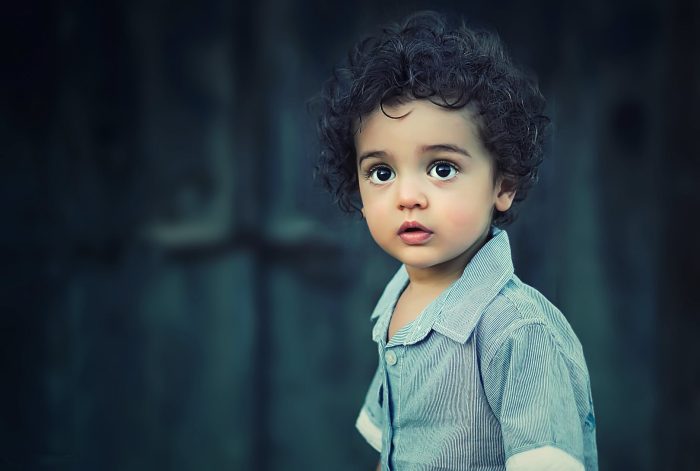Yesterday, I witnessed a situation at the mall.
A young boy fell off the shopping cart his mother was pushing. He landed on his face with a thud, loud enough to get the attention of other patrons nearby.
But everything I expected to happen did not.
He didn’t cry or wail. He struggled not to, his lip wobbling and his eyes staring up at his mother as if in defiance.
And soon I realized why. His mother didn’t go check on him, or help him up, or comfort him. She stayed behind the cart as he lay on the dirty, grimy floor.
And then she frowned at him with an annoyed yell of, “Are you hurt?”
He didn’t answer, put on the spot and feeling humiliated as everyone in the aisle stared at him. So she yelled the same question at him again.
This was the worst display of a dysfunctional mother-son relationship I’ve seen in public.
It broke my heart.
This child had already learned to suppress his emotions, to show no weakness or cry. Because if he did, there’d be no comfort, only scorn.
It catapulted me back to my own childhood. To how I learned the same thing from my family. To the boys in elementary school who pushed us girls off the cold, ice-chilled mounds on the playground and laughed as we laid in the grass with torn knees, the rime wetting our pants.
At the time, I had no idea their own mothers taught them this behaviour.
Abuse breeds abuse. And boys don’t deserve living in homes where abuse is the normal way of interaction.
As a society, we’ve failed. We’ve failed the next generation of men who will look at women with hatred, whose childhood wounds will bleed into their adult relationships like poison.
The militaristic way of raising children needs to stop. And the first step is to look inside ourselves.
How do we show up for our own inner children? How do we show up with our sons? Where do we use children to let out steam? Where do we resent them?
These are painful questions. But they’re not half as painful as what that little boy must be living through every day.












Read 0 comments and reply